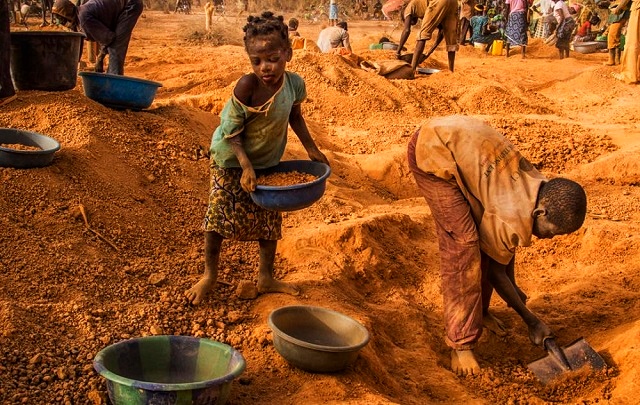
Kampala, Uganda | IND | AWN | Stakeholders at the International Conference on Social Work and Social Protection have raised alarm over the increasing abuse and vulnerability of children across Uganda and the wider African region, calling for urgent action and increased investment in child protection.
Timothy Opobo, Executive Director of the AfriChild Center, expressed concern over the widespread violence against children, noting that recent studies indicate that up to 70 percent of children in Uganda experience physical abuse, while emotional abuse affects about 60 percent and continues to rise.
“Despite these troubling statistics, governments have only allocated 0.01 percent of the national budget to child protection,” Opobo said. He added that this underinvestment contributes to a range of social problems, including a primary school dropout rate of up to 70 percent, teenage pregnancy at 25 percent, and a rise in domestic violence—all of which severely affect the well-being of communities.
Opobo emphasized that the AfriChild Center is committed to generating evidence-based research to support better policies and practices for child protection. He said the conference has provided a platform for sharing insights with government officials, academics, and other stakeholders.
Speaking at the same event held at Makerere University, Aggrey Kibenge, the Permanent Secretary of the Ministry of Gender, Labour and Social Development, affirmed the government’s commitment to improving the lives of vulnerable people through social protection programs.
Kibenge noted that investing in social protection is a key priority under Uganda’s National Development Plan. He highlighted several policies aimed at safeguarding children, women, and persons with disabilities from risks that may render them vulnerable.
“We have implemented programs in health to ensure children are born healthy, support mothers, and provide Universal Primary Education, which is all aimed at developing Uganda’s human capital from early childhood,” Kibenge said. He added that government interventions are designed to support people at all life stages, promoting dignity and resilience among the vulnerable.
Ruth Nambalirwa, from the College of Humanities and Social Sciences at Makerere, underscored the importance of integrating humanities and social sciences in Uganda’s development agenda. She argued that innovation and progress cannot be achieved without centering human needs. “Development is ultimately about people. Excluding the humanities and social sciences leaves out a vital part of the equation,” Nambalirwa said.
The three-day conference brought together stakeholders from academia, civil society, and government to reflect on the future of social protection and the role of social work in building inclusive societies.

